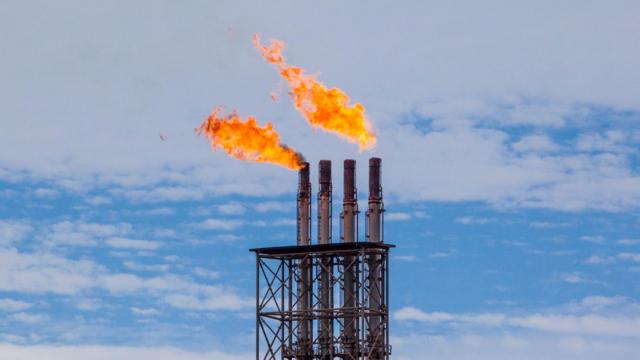Australia has unveiled plans to expand its extraction and utilization of gas until “2050 and beyond,” despite growing global calls to phase out fossil fuels in response to climate change concerns.
Prime Minister Anthony Albanese’s government argues that this step is necessary to ensure domestic energy security while facilitating a transition to a net-zero emissions economy. However, critics view this move as a direct contradiction of scientific recommendations, particularly in light of the International Energy Agency’s (IEA) call for significant reductions in the use of coal, oil, and gas to achieve climate targets.
As one of the world’s leading exporters of liquefied natural gas (LNG), Australia’s policy decision is also underpinned by its commitment to maintaining reliable trading partnerships. The government’s strategy, released on Thursday, outlines plans to collaborate with industry and state authorities to boost both gas production and exploration activities.
Additionally, the government intends to support the expansion of existing gas projects across the country, notably those operated by major players like Chevron and Woodside Energy Group in Western Australia. These initiatives are framed within the context of Australia’s energy transition goals, which aim to deliver 82 percent renewable energy to the grid by 2030 and achieve net-zero emissions by 2050.
Despite gas currently accounting for 27 percent of Australia’s energy mix, with a significant portion being exported to major markets like China, Japan, and South Korea, it also contributes approximately a quarter of the country’s total emissions.
This policy announcement has drawn sharp criticism from environmental groups and opponents, who argue that it prioritizes the interests of powerful fossil fuel corporations over broader societal and environmental concerns. Critics argue that positioning gas as a “transition fuel” is misguided, given its significant contribution to global warming and the adverse impacts it has on climate change.
Prominent voices, including Prof Bill Hare of Climate Analytics, caution against building a net-zero emissions strategy around gas, warning that it could exacerbate global warming and lead to catastrophic consequences. The pledge to limit long-term temperature rises to 1.5C, a crucial threshold to avoid the worst impacts of climate change, has already been breached, underscoring the urgency of transitioning away from fossil fuels.
Despite these concerns, the Australian government remains steadfast in its support for gas, citing economic and energy security considerations as primary drivers behind its decision-making. However, the debate surrounding the role of gas in Australia’s energy future is likely to intensify as the country grapples with balancing its energy needs with its climate commitments on the global stage.









